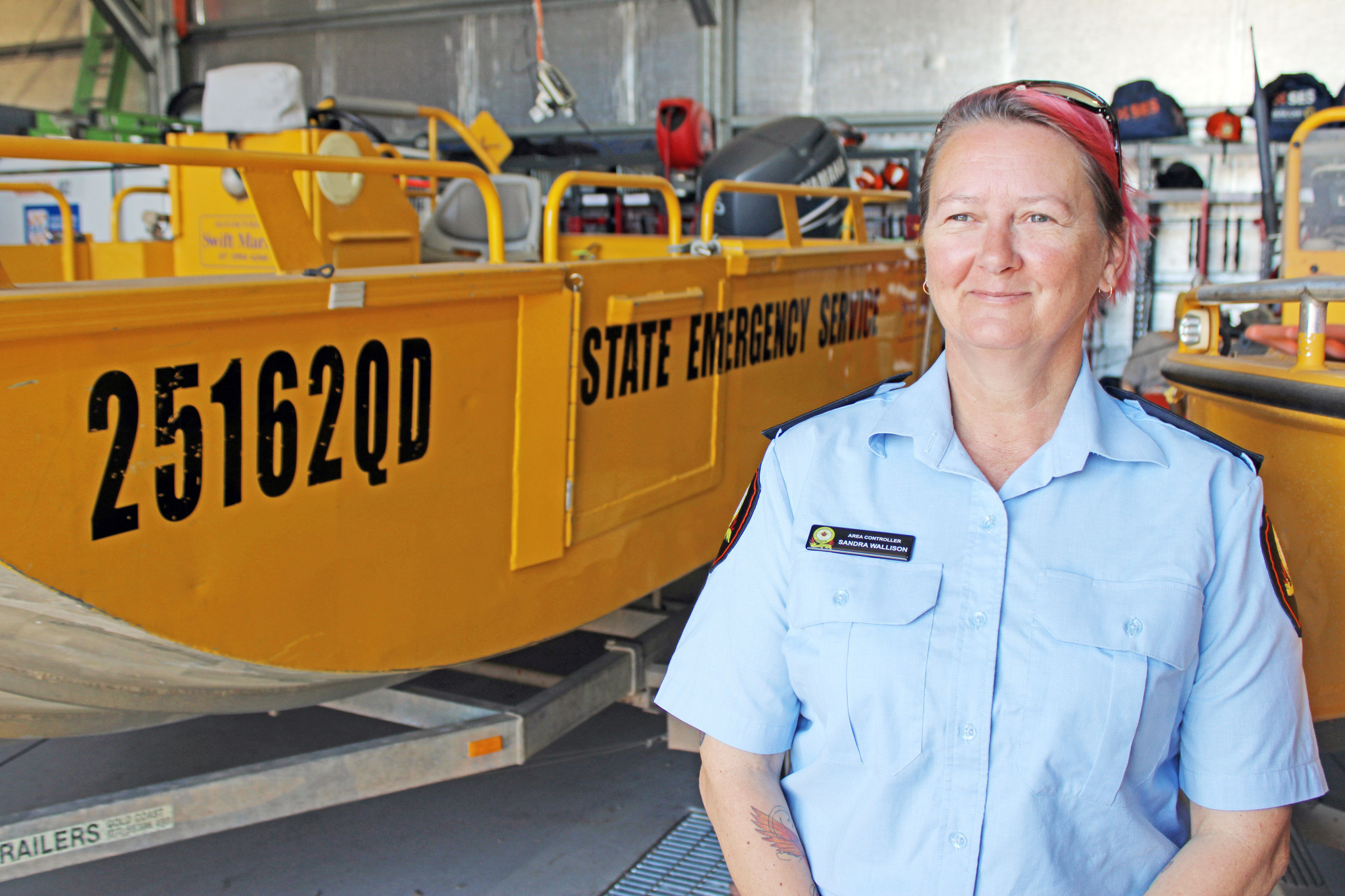General News
6 November, 2024
Volunteer shortage impacts SES capability throughout the region
Communities like Karumba and Cloncurry will suffer due to a lack of volunteer numbers.

The State Emergency Service (SES) says its ability to help the community during the coming storm season is being hampered by a lack of membership across the North West, especially in Karumba and Cloncurry.
SES Queensland Western Area Controller Sandi Wallison, who oversees an area stretching from the Gulf to Birdsville, said longer wait times for assistance during the storm season was difficult for older and socially isolated residents who rely on the SES because they did not have nearby family or friends.
Ms Wallison said with only three volunteers in Cloncurry, it meant that working-at-heights activities could not be carried out without calling for available assistance from Mount Isa or Dajarra crews, because it required a minimum of four volunteers for safety reasons.
She said any assistance call out required a minimum of two volunteers in a single team, meaning there was only one available SES call out team available to service the entire town.
Ms Wallison said Karumba SES volunteers had deployed flood boats through the inland waterways during previous wet seasons to provide the vital resupply of food and medication to the town.
She said there were five members in Karumba who all work full-time, many managing their own businesses, and struggle to find the time to provide ongoing support.
“We can only ask people to provide the time they can and so when their availability to not so good, it means we like more volunteers to handle situations like during the storm season,” she said..
Ms Wallison said while she can temporarily deploy members to other towns or request assistance from the coast in times of need, local communities would be better served by more willing volunteers.
“The impact for the local community is people have to wait longer for assistance,” Ms Wallison said.
“Some of our aging communities might not be able to help themselves and might not have family or friends nearby – it means they rely on the SES to assist when there are heavy storms or floods. Having a lack of members puts a real strain the volunteers that we have in our smaller communities, where they are really relied on.”
Compounding the problem is the stipulation that volunteers must undergo a three-month probational period before being able to participate in most active duties as well as undertake training programs, meaning the earliest that any new recruits would not qualify until early next year.
Many of the current SES members across the North West are also rural fire volunteers, which further splits their available time.
Ms Wallison said the SES had a duty of care for its members, which meant the organisation does not permit its volunteers to be out in the field for more than 8-10 hours in a shift.